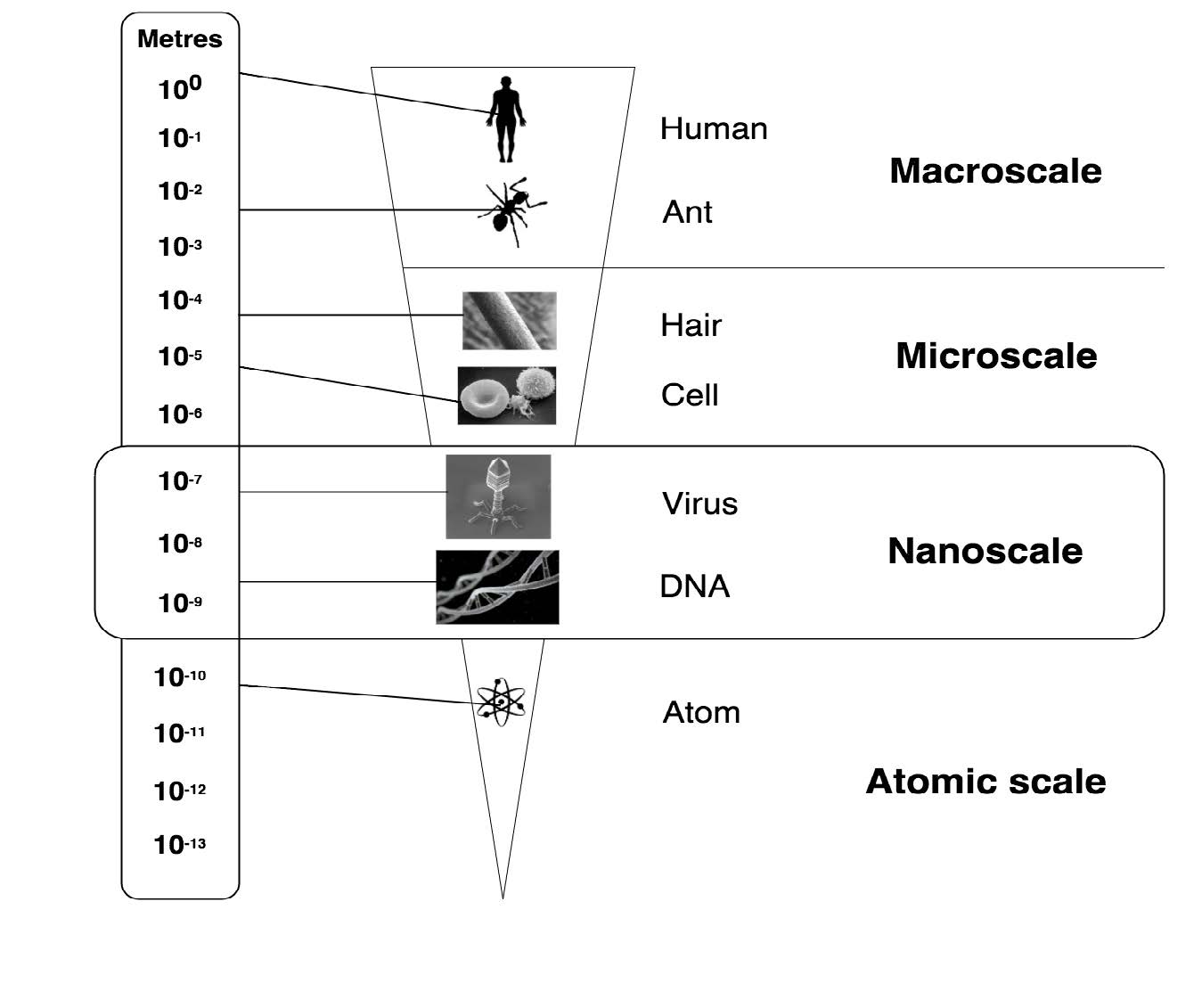I am a media artist and creative practice-based researcher in science art. My background in filmmaking and molecular biology inspire me to make experimental films and moving image installations that explore scale, technological embodiment, and the multisensory perception of the sub-molecular realm. I mostly work with nanoscientists and visual scientists. I also work in Mexico and I’m really into exploring cross-cultural notions of science art. You can see some of my previous work here: www.hellosynaesthesia.com
As a nanoartist, I’ll be attaching the prefix “nano” to a bunch of different words. The scientists I work with manipulate matter at a range of 1-100nm (that’s really the definition of a nanoscientist, even though they might consider themselves a physicist, biologist or chemist or one of any number of other sub-disciplines of science). To give you a sense of this scale, a human hair is about 50 000 nm wide.

This year I’ll be working with Vipul Bansal, Rajesh Ramanathan and their team of scientists at the Ian Potter NanoBioSensing Facility. We’ll use filmmaking and media art to explore the ethical and cultural implications of nanobiosensing systems as they are rolled out into the social space. The project is speculative in that it considers new nanotechnologies from social, cultural and ethical perspectives.
Nanoparticles are used in biosensing systems to detect things such as metabolites from pathogenic organisms, harmful ultraviolet light, glucose, or environmental gases. Nanobiosensing systems interact with biological samples — such as blood, urine, saliva, sweat and tears — to provide rapid, sensitive methods for detecting markers of disease. These systems are set to become commonplace in the diagnosis and management of a wide variety of diseases from diabetes to bacterial vaginosis.
I am fascinated by the way medical technologies that provide such detailed, high resolution engagements with our molecules might shift the way that we perceive ourselves and our bodies. What are the implications of such rapid fire diagnostics? What happens to the right not to know in a world where technologies such as these are so cheap, rapid and simple? How completely might the body become data rather than flesh? What does it mean to have individual cells tracked and surveilled?
My first explorations have been learning about the technologies being developed in the lab and finding out how out how much nanoethics is already being thought about. More on that soon.
